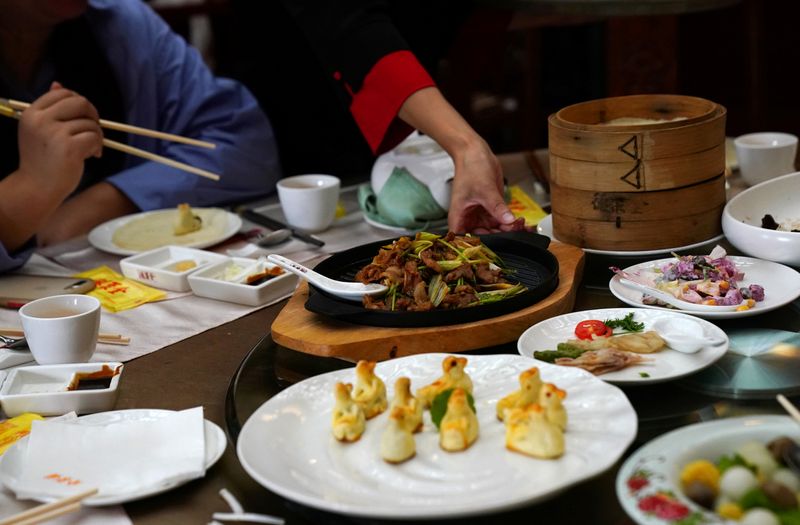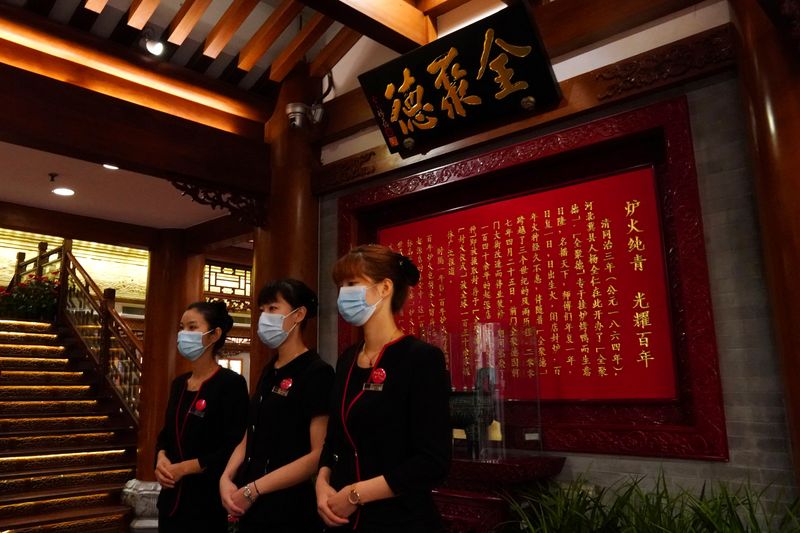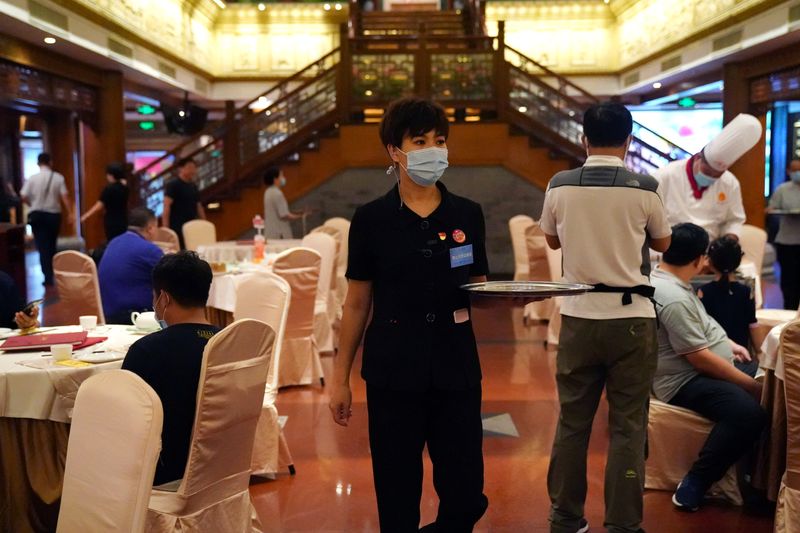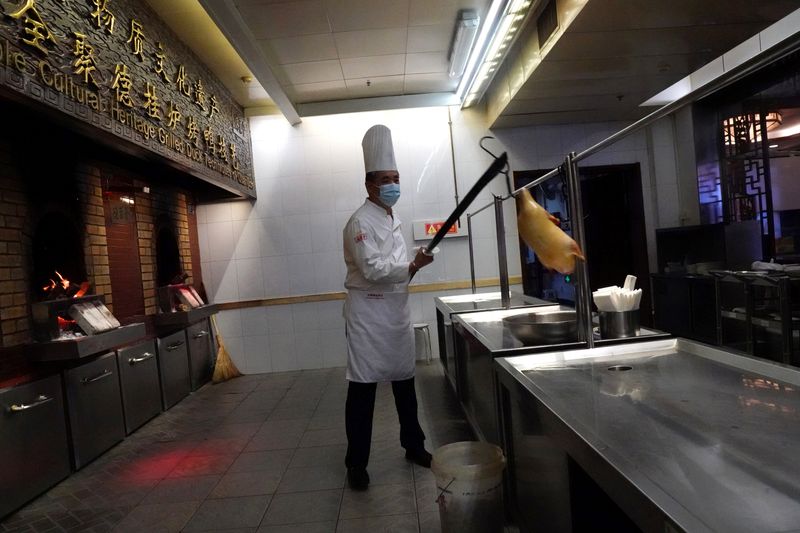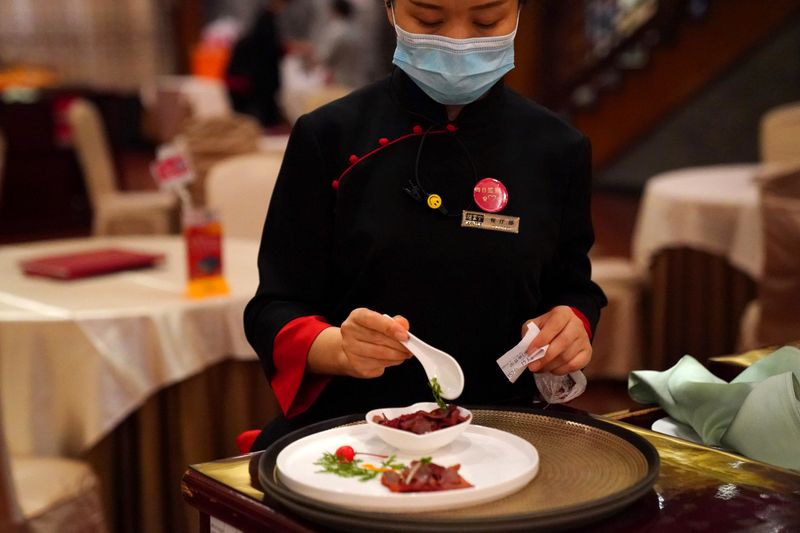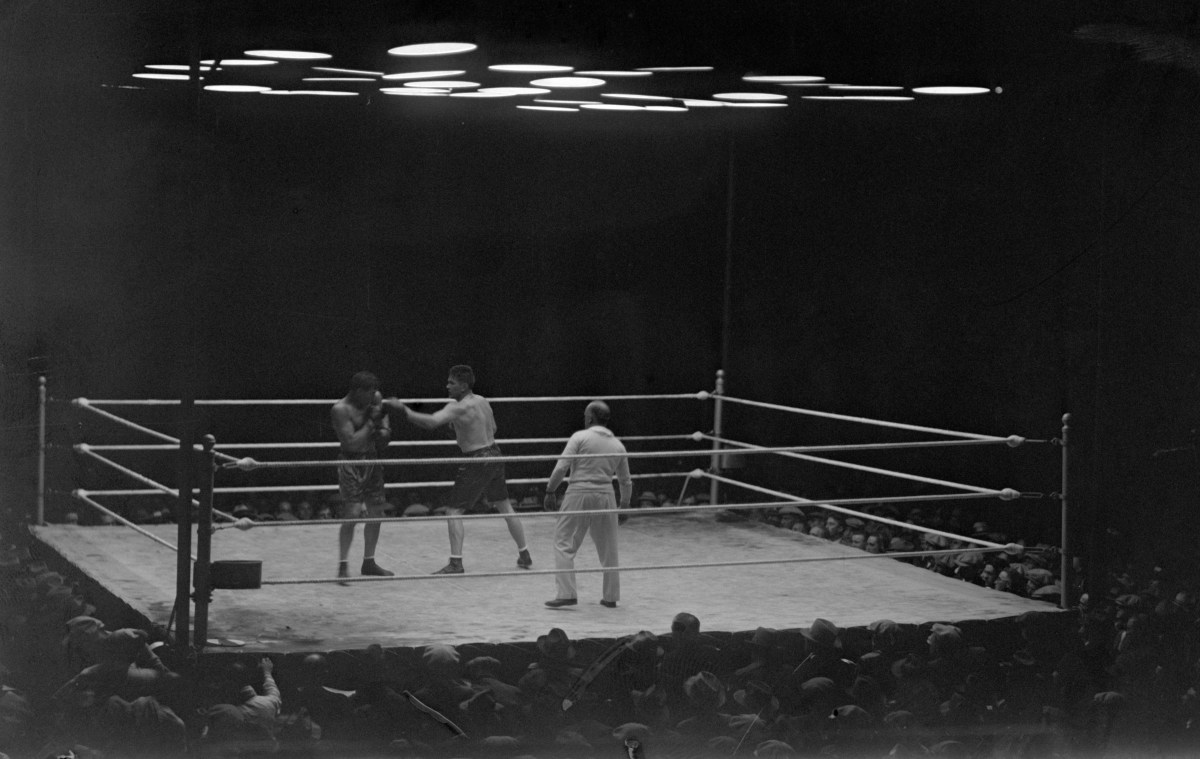BEIJING (Reuters) – At popular Peking roast duck restaurant chain Quanjude in Beijing, staff have been passing on a new message to diners: do not order more than you can eat.
The eatery is the latest business to join a campaign against food waste, which began nationwide last week in earnest after Chinese President Xi Jinping said such practices were “shameful” while the country battles a pandemic.
Local governments and catering associations have been urging restaurants to offer smaller portions while some eateries have rolled out penalties for wasting food. One restaurant even started weighing diners to decide how much they can order, but later backtracked after coming under heavy online criticism.
“We reacted proactively,” said Wang Xiaoshan, the general manager of the Quanjude outlet in Beijing’s Qianmen district.
Servers at Quanjude, known for a Beijing delicacy of crispy slices of roast duck wrapped in a thin pancake, now tell customers to order according to their guest numbers and even urge them to order one less dish than their total head count, he said. They also ask them to pack up any leftovers to bring home.
“We’re lucky we have enough food, and we shouldn’t waste it,” said a diner, a 54-year-old Beijing resident surnamed Liu. “I’m very supportive of this call.”
China’s catering industry wastes between 17 to 18 million tonnes of food a year, enough to feed a population of 30 to 50 million, state media has reported.
The anti-food waste campaign, known as “Clear Your Plate”, comes after Beijing has raised concerns about ensuring food security due to disruptions caused to the agriculture supply chains from the global pandemic.
Livestreaming stars known for their ability to eat large amounts of food were warned last week against encouraging food wastage on platforms such as Kuaishou and Douyin, the Chinese version of TikTok, which said they could be banned or face penalties if found to do so.
(Reporting by Sophie Yu, Irene Wang and Brenda Goh; Editing by Giles Elgood)

